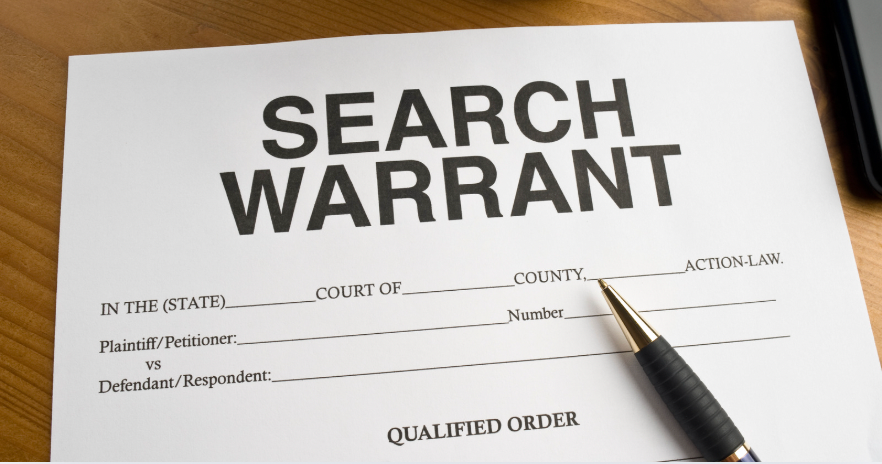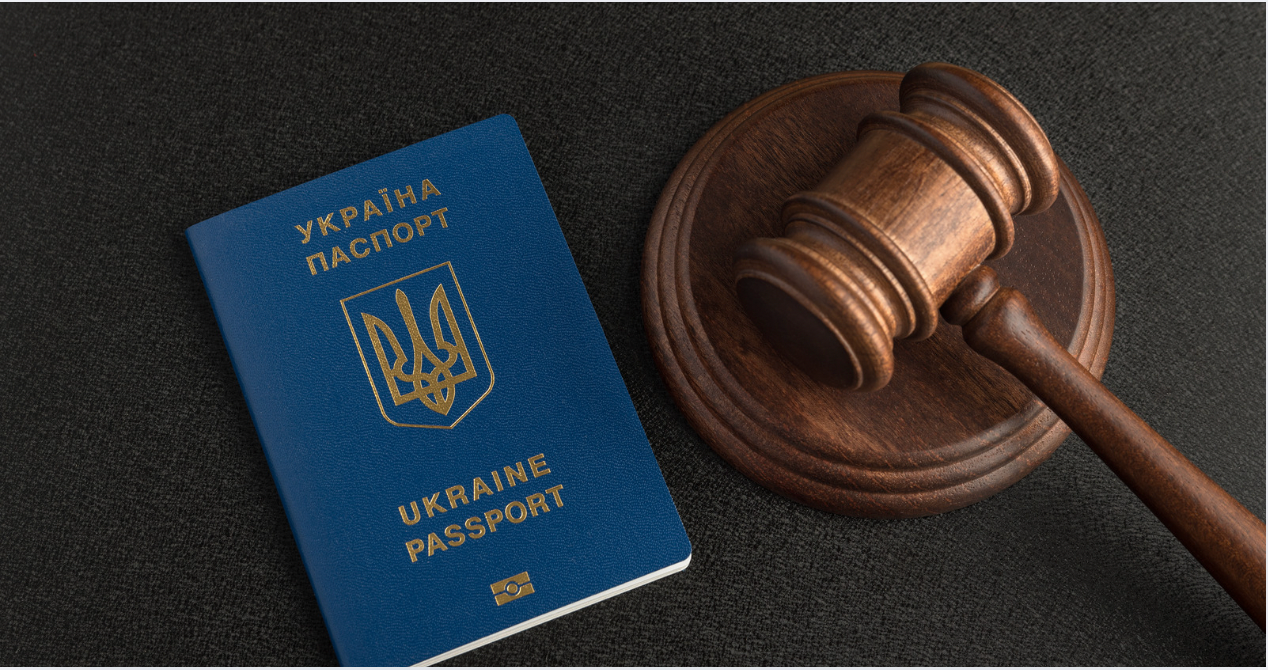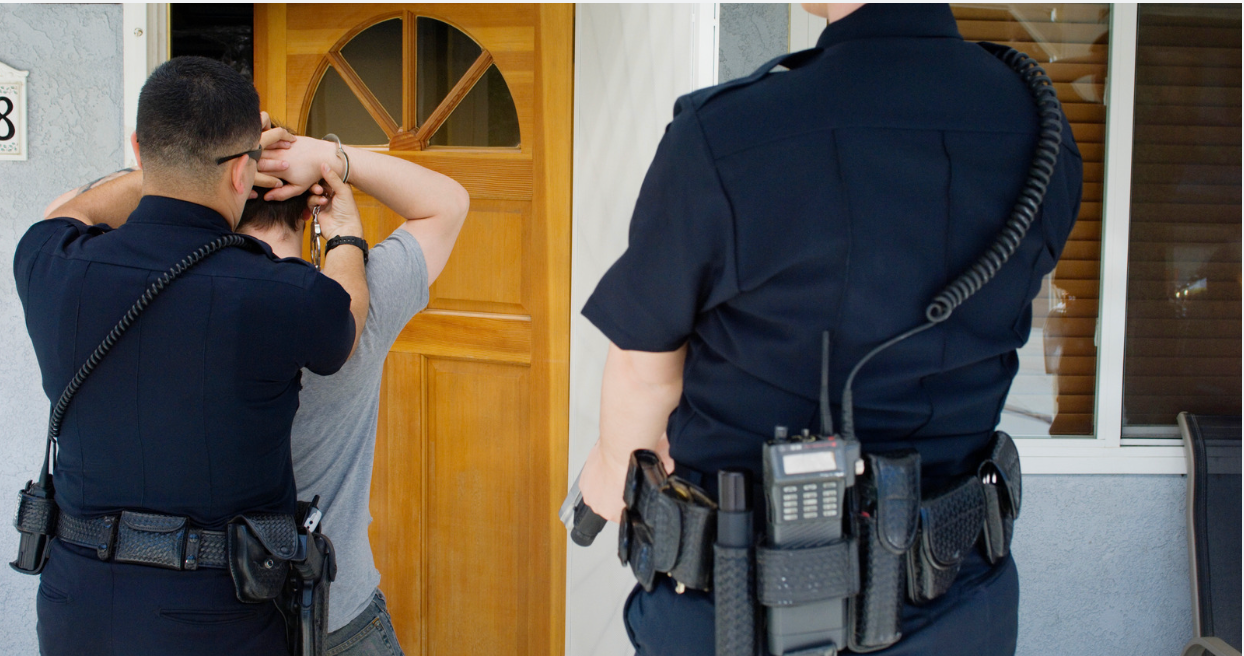Let's Talk! (203) 212-8988
Understanding the Basics: A Guide to Bail Bonds
Did you know that over 2 million Americans need a bail bond each year? If you or a loved one has ever been in a situation where bail is required, you may have heard the term "bail bond." But what exactly is a bail bond, and how does it work? In this guide, we'll break down the basics of bail bonds to help you navigate through this often misunderstood aspect of the legal system.
What Is a Bail Bond?
When someone is arrested and charged with a crime, they may be required to pay a certain amount of money as collateral to ensure their appearance in court. This is known as bail. However, not everyone can afford to pay the full amount of bail upfront, which is where a bail bond comes into play. A bail bond, also referred to as a surety bond, is a contractual agreement between the defendant, a bail bond agent, and the court. The bail bond agent, who is usually employed by a bail bond company, agrees to pay the full amount of the bail if the defendant fails to appear in court as required.
How Does a Bail Bond Work?
When a defendant or their family decides to use a bail bond, they typically pay a percentage of the total bail amount to the bail bond agent. This fee is non-refundable and serves as the agent's compensation for taking on the risk of paying the full bail amount if the defendant doesn't comply with the court's orders. The bail bond agent will then post the full bail amount on behalf of the defendant, allowing them to be released from custody while awaiting their court date. It's important to note that the bail bond agent becomes responsible for ensuring the defendant's appearance in court. If the defendant fails to show up, the agent may employ bounty hunters to locate and apprehend them.
What Happens After the Case?
Once the defendant has attended all their required court appearances and the case is resolved, the bail bond is exonerated. This means that the bond is discharged, and the bail bond agent's obligation ends. However, the fee paid to the bail bond agent is non-refundable, as it covers the services provided.
Understanding the Risks and Responsibilities of Bail Bonds
Using a bail bond comes with certain risks and responsibilities. If the defendant fails to appear in court, both the defendant and the person who secured the bond (usually a family member or friend) may be held financially responsible for the full bail amount. It's crucial to carefully consider these risks and ensure that the defendant will fulfill their obligations before opting for a bail bond.
Contact Griffith Bailbonds: Serving New Haven County & Beyond
Bail bonds provide a way for defendants to secure their release from custody when they are unable to pay the full bail amount. By working with a bail bond agent, defendants can gain temporary freedom while awaiting their court date. However, it's essential to fully understand the terms and conditions of a bail bond, as well as the risks involved. If you find yourself in need of a bail bond, consult with a reputable bail bond agent like those employed at Griffith Bailbonds. We can guide you through the process and help you make an informed decision! To learn more about bail bonds in Connecticut and schedule a service, contact us today.









Contact Us Today
For more information about bail bonds service, call us at (203) 212-8988 or fill out the form below.
Contact Us
We will get back to you as soon as possible.
Please try again later.
Griffith Bailbonds
Griffith Bailbonds


